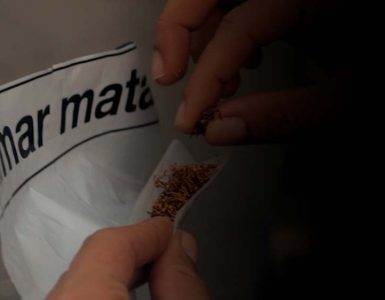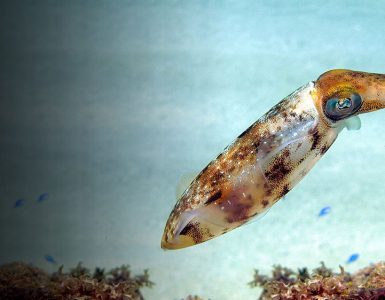The liver is one of the largest and most important organs of the body that performs many functions like metabolism, secretion, storage, and detoxifying processes. Explicit changes in these functions often result in hepatotoxicity. Usage of drugs and some other chemicals are the root cause of liver damage accounting for about one-half of acute liver failure cases and diseases.
Diethylnitrosamine (DEN) is an N-nitroso alkyl compound and a potent hepatotoxic responsible for producing reproducible tumors and inducing hepatocellular necrosis in experimental animals. DEN generates reactive oxygen species (ROS), which produce by-products that often directly affect cell development, growth, and survival.
“The study was carried out to investigate the hepatoprotective efficacy of the ethanolic extract of the leaf of Ficus sur on liver damage induced by DEN in wistar rat,” said O.E. Yakubu, Department of Biochemistry, Faculty of Pure and Applied Sciences, Federal University Wukari, Taraba State, Nigeria.
“Twenty Albino Wistar rats were selected and divided into 4 groups; group A servedas the normal control group, received water; group B received 200 mg kgG1 DEN once, group C received 200 mg kgG1 ethanolic extract of Ficus sur along with DEN and group D received 200 mg kgG1 silymarin as reference standard along with DEN. The experiment lasted for 2 weeks after which the animals were sacrificed and the blood collected for biochemical analyses”, said Yakubu, main author and the Reader, Federal University Wukari, Nigeria.
O.E. Yakubu and his team demonstrated that, “the findings of this study showed the administration of DEN caused a significant (p<0.05) increase in the activities of AST and ALT as well as the concentration of total and direct bilirubin, while the levels of albumin and total protein were markedly (p<0.05) reduced. However, treatment with Ficus sur extract ameliorated the levels of these biomarkers in the experimental group. The effect elicited by the extract was not statistically different (p<0.05) when compared to silymarin, a standard drug”.
Dr. Yakubu corresponding author of this paper, concluded that ethanol leaf extract of Ficus sur can be used to remedy the abnormal increase in the liver biomarkers observed in rats with liver damage and justify the use of this plant in the management as liver problems. The ethanolic extract of Ficus sur can play a key role in the development of the modern hepatoprotective drug.
This research work was published in American Journal of Biochemistry and Molecular Biology.
















Add comment